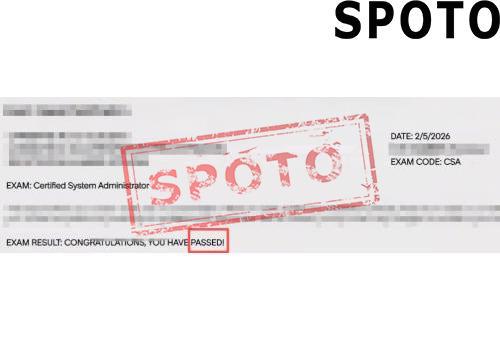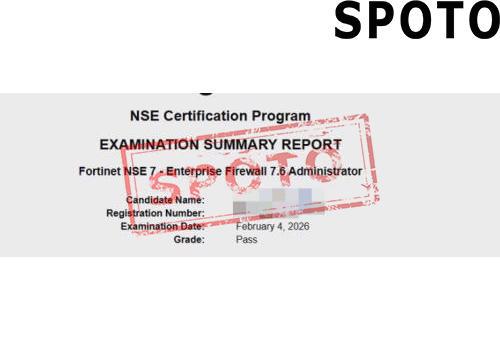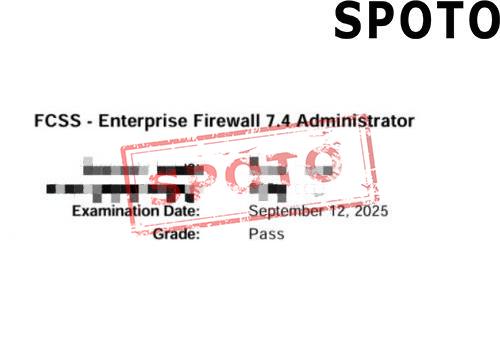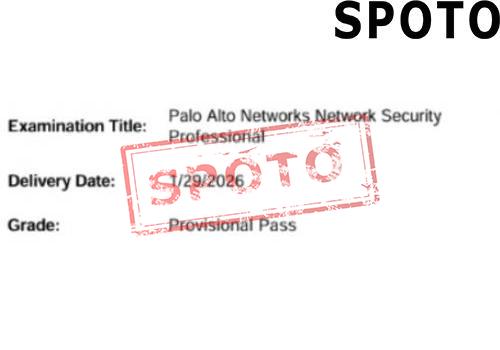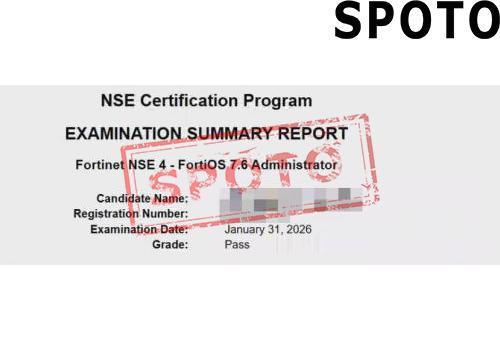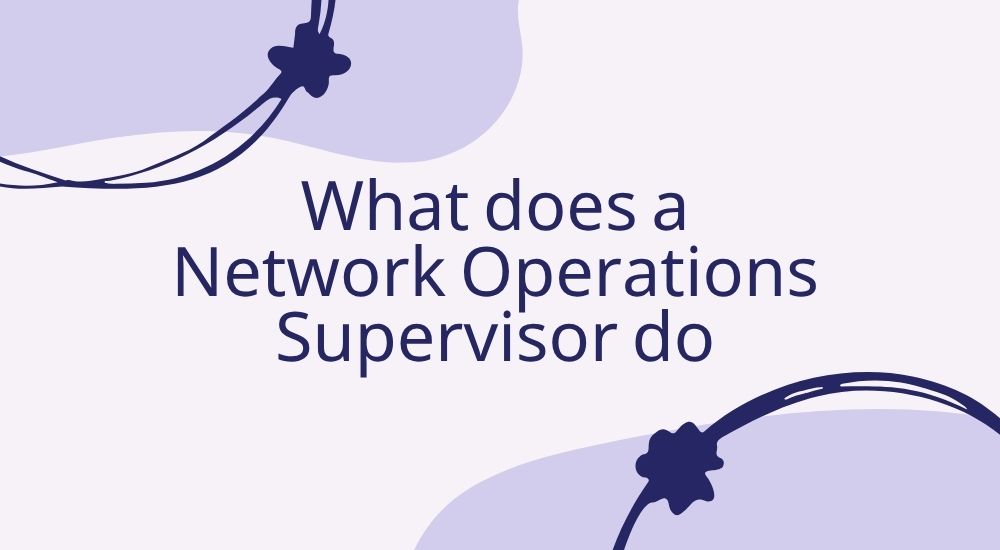
Table of Contents
- 1. What is a Network Operations Supervisor?
- 2. What does a Network Operations Supervisor do?
- 3. How much does a Network Operations Supervisor Make?
- 4. Job Outlook of Network Operations Supervisor
- 5. Similar Occupations of Network Operations Supervisor
- 6. What Are the Qualifications to Become a Network Operations Supervisor?
1. What is a Network Operations Supervisor?
A Network Operations Supervisor is a professional network technician who is responsible for overseeing the daily operations of a company or organization's network control center.
2. What does a Network Operations Supervisor do?
The network operations supervisor is mainly responsible for organizing the daily or shift management of the network system, ensuring the stable operation of network hardware, software, security mechanisms and related services, and meeting the established performance standards. This position requires the implementation and implementation of policies and procedures related to network operation and maintenance to ensure compliance with industry standards and compliance requirements, effectively reduce interruption time, and improve overall operation and maintenance efficiency. The network operations supervisor also needs to guide and train technical personnel and network administrators, promote the application of best operating practices and new technology tools. At the same time, he is responsible for continuous monitoring of network operation status and recording events and system changes. When a network failure occurs, it is necessary to conduct timely troubleshooting and repair, and participate in root cause analysis (RCA) to prevent repeated failures and promote optimization of technology, processes or personnel capabilities. Automation of routine tasks is also one of the work contents, and basic scripts may need to be written to simplify operations. In addition, the network operations supervisor also needs to participate in budget formulation and tool and equipment procurement recommendations to ensure reasonable resource allocation and complete operation and maintenance tools.
3. How much does a Network Operations Supervisor Make?
According to ZipRecruiter, the average annual salary for a Network Operations Supervisor in California is $100,342 per year as of June 10, 2026. That works out to about $48.24 per hour. That works out to $1,929 per week or $8,361 per month. Salaries range from as high as $144,582 to as low as $21,712, but most Network Operations Supervisor salaries currently range from $83,900 to $112,500, with the top earners making $139,647 per year in California. The average salary range for a Network Operations Supervisor varies widely (as much as $28,600), which means there may be many opportunities for advancement and increased pay based on skill level, location, and years of experience.
4. Job Outlook of Network Operations Supervisor
The Job Outlook of Network Operations Supervisor is generally optimistic and strong. According to the U.S. Bureau of Labor Statistics, employment of computer and information systems managers is expected to grow 17% from 2023 to 2033, much faster than the average for all occupations. An average of about 54,700 computer and information systems manager job openings are expected to be created each year over the next decade. Many of these job openings are expected to be filled by people who change careers or exit the workforce (e.g., due to retirement).
5. Similar Occupations of Network Operations Supervisor
- Network Manager
- Network Engineer
- Network Administrator
- IT Support Specialist
- Network Operations Center Engineer
- Network Operations Center Analyst
- Network Technician
- System Administrator
6. What Are the Qualifications to Become a Network Operations Supervisor?
(1) Obtain a Bachelor's Degree
When hiring Network Operations Supervisor, employers will require applicants to have at least a bachelor's degree in computer-related majors. According to relevant recruitment information, this position tends to recruit majors including computer science, computer programming, computer networks, information systems, information security, and network security.
(2) Develop professional skills
When you serve as a "network operations supervisor", first of all, you need to have a solid technical foundation. This includes an in-depth understanding of network architecture, such as the configuration of local area networks (LANs) and wide area networks (WANs), and familiarity with the working principles of hardware devices such as switches, routers, and firewalls. In addition, mastering network protocols is also essential. Knowledge of protocols such as TCP/IP, DNS, and DHCP can help you efficiently troubleshoot and solve daily network problems. Moreover, with the increasing complexity of corporate networks, network monitoring and performance analysis skills have become particularly important. You need to be able to use some common monitoring tools (such as SolarWinds or Nagios) to monitor the network in real time, and be able to quickly identify and solve performance bottlenecks or latency problems. Secondly, troubleshooting ability is also one of the core skills of a network operations supervisor. When a network failure occurs, you must quickly locate the problem and take effective solutions. In addition, root cause analysis (RCA) should also be part of your daily work to ensure that similar problems do not occur again. In order to improve work efficiency, you also need to have certain automation capabilities, such as using scripts (Python, Bash, or PowerShell) to automate daily network tasks and reduce the work pressure of the team. In addition to these hard skills, as a network operations supervisor, it is equally important to have the ability to manage a team and coordinate communication. Not only do you need to manage a technical team, assign daily tasks, and supervise work progress, but you also need to be able to handle conflicts between team members and maintain the team's enthusiasm and collaboration.
(3) Earn Industry Certifications
Obtaining a certification that is highly recognized by the industry can prove your professional ability and ability to perform the position, and can also enhance your competitiveness in the workplace. Therefore, we recommend that you obtain the Cisco Advanced Security Architecture for Enterprise Architecture Management certification.Cisco 700-760 ASAEAM (Advanced Security Architecture for Enterprise Architecture Management) is one of Cisco's certification exams, focusing on advanced security architecture and enterprise architecture management. People who obtain this certification usually have in-depth knowledge in network security and enterprise architecture, and can play an important role in designing, implementing, maintaining and optimizing enterprise-level network security architecture.
